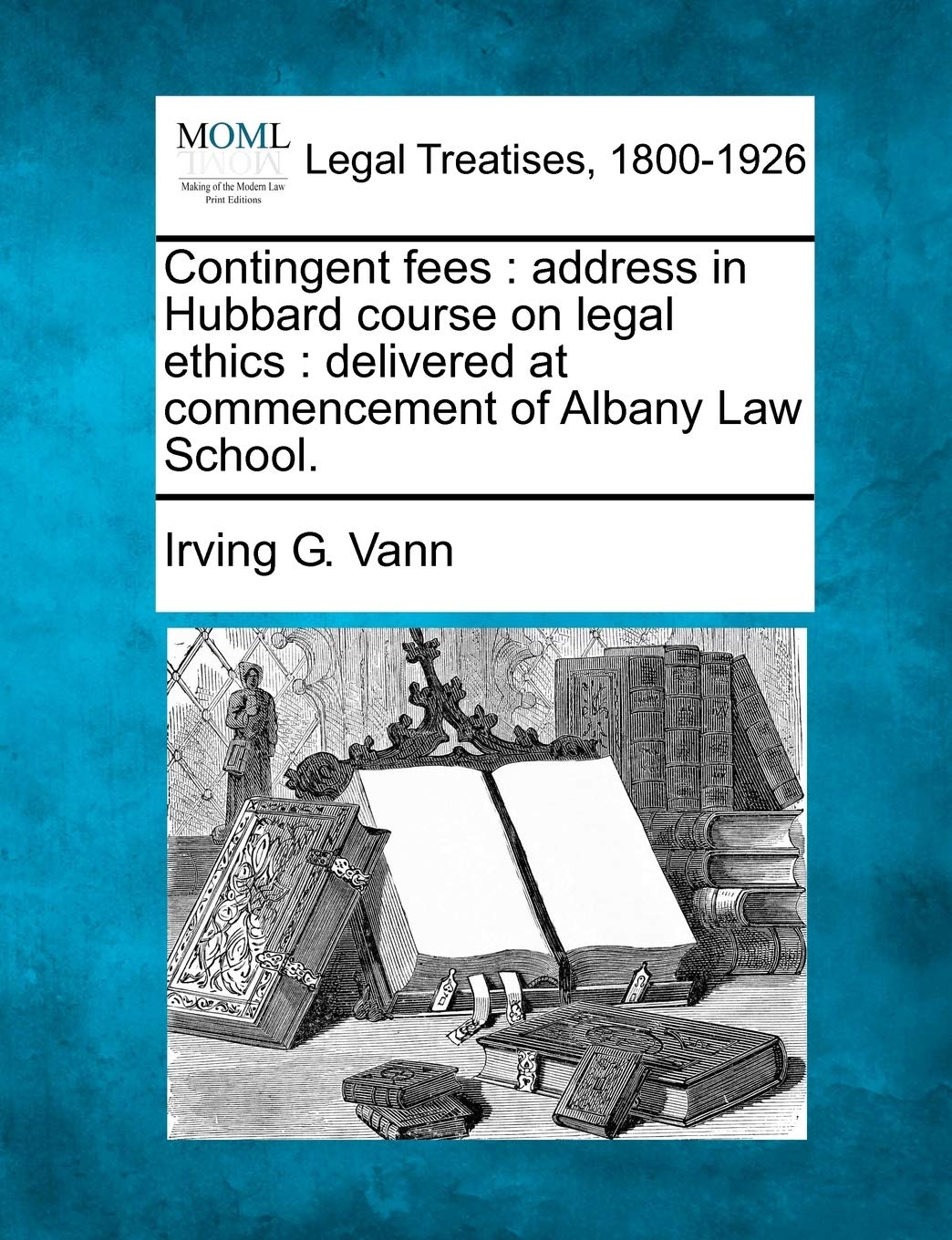
Are you looking for drunk driving attorneys near me? You might have been arrested and charged with either a misdemeanor or a felony. You have rights, no matter what. In this article we will explain some of your rights, and give you the option to exercise them. It is crucial to seek the guidance of a qualified legal professional in the event of an arrest. To get the best representation possible for your case, you don't need to spend a lot.
If you have been arrested for drunk driving
You should contact a DWI attorney immediately if you have been stopped for DWI. Many people believe that DWI accusations are unjustifiable because the prosecution has chemical proof. You can challenge the probable cause to stop you, Miranda rights, or police procedures if you have a skilled lawyer on your side. You can also have a DWI attorney defend you against other charges.

New York's legal limit for blood alcohol concentration (BAC), is 0.088%. However, if your blood alcohol concentration (BAC) was even higher, you will be charged with driving while intoxicated. You could be facing a range of penalties depending on the severity of the DUI charges. There are drunk driving lawyers in my area who can help you fight the charges.
If you have been charged with a felony
For a successful defense of your case, it is essential to have a competent DWI lawyer. A skilled attorney is familiar with the laws of each state and has good relationships with local judges. They have the ability to thoroughly investigate and challenge the charges, if necessary. However, hiring an attorney is not the only way to fight a drunk driving charge. Here are some ways to retain a top DUI attorney.
First, ensure your BAC level does not exceed.08 percent. Even if you're underage, a misdemeanor DWI conviction can stay on your driving record for up to ten years. A felony DWI conviction could prevent you from applying for financial assistance or getting a job. Act 153 in Pennsylvania increased the penalties for DUI Homicide offenders and repeat DUI offenders by three to seven additional years. Act 153, which is currently being implemented, also increases penalties for driving while impaired and suspends a DUI license.
If you were charged with a misdemeanor
California misdemeanors can lead to you being arrested if your convictions include drinking and driving. Even though it is less serious than the felony conviction, a misdemeanor conviction can still result in significant fines and a public file ban. However, misdemeanor convictions can be greatly reduced by a competent criminal defense attorney.

If you are caught driving while under the influence and arrested, you might need to undergo a DWI evaluation and receive substance abuse counseling. You may also have to complete a seven-week Impaired Driving Program. Although the charge cannot be expunged, it can have a lasting impact upon your ability to get work, your insurance rates, or your travel plans to Canada. An attorney could challenge the prosecution's evidence, and work with authorities to reduce the charges. However, a misdemeanor like DWAI is unlikely to have any impact on your employment or affect your future.
FAQ
What is the difference between paralegals and legal assistants?
Paralegals are trained in specific tasks, such as filing, typing, or researching. Legal assistants may assist attorneys in preparing pleadings, drafting motions, or researching. Both types of professionals can help attorneys finish their work.
What is a Pro Bono Lawyer?
Pro bono lawyers are those who provide legal services at no cost to people who can't afford them. Although they are lawyers who do this part of their work, many do it in their spare time. Pro bono work can range from helping out elderly clients with estate planning issues to representing indigent defendants.
How many years does it require to become an attorney?
The answer may not be as simple as you think. After high school, you will need to work hard for at minimum four years. But there are other factors.
You also have to pass exams and do well enough on them to get into law school. You'll then spend two more years studying law.
After all of this, your law school degree will be awarded. You'll be licensed as an attorney after you have passed the bar exam.
How do I get into law school?
Law schools take applications all year. Many students prefer to apply early, rather than waiting until the last minute when there are so many applications. If you're interested in applying to law school, contact the admissions offices.
What is the difference of a transactional lawyer and litigation lawyer?
There is a big difference between attorneys who specialize in transactional and lawyers who specialize in litigation. It's the type of legal problem they are most likely to encounter. Transactional lawyers are primarily concerned with contracts, commercial transactions, corporate formations, intellectual properties, and the like. Litigation attorneys deal with disputes involving corporations. Partnerships, trusts, estates. Insurance claims. Personal injury cases.
Both types of attorney require different knowledge and skills for each case. For example, if you were considering hiring a transactional attorney, he would probably need to know how to draft agreements, prepare documents, negotiate terms, handle conflicts, etc. A litigation attorney should be familiar with the rules and limitations of evidence, discovery rules, and rules of proof.
There may also be differences depending on the location of the client. A New York City attorney might not have the same knowledge as an attorney practicing in California. An attorney in Florida would not know as much about Texas laws as one who is practicing in Texas.
Statistics
- According to the Bureau of Labor Statistics, the average annual salary for lawyers in 2020 was $126,930. (stfrancislaw.com)
- According to the Occupational Outlook Handbook published by the Bureau of Labor Statistics, the national average annual wage of a lawyer is $144,230. (legal.io)
- The states that saw the biggest increase in average salary over the last 5 years are Rhode Island (+26.6%), Wisconsin (+24.1), Massachusetts (23.2%), Wyoming (18.3%), and North Dakota (18.1%). (legal.io)
- Just 59.2 percent of 2015 law school grads held full-time, long-term jobs as lawyers 10 months after graduation, according to data from the American Bar Association (ABA). (rasmussen.edu)
- The median annual salary for lawyers in 2016 was $118,160, according to the U.S. Bureau of Labor Statistics (BLS). (rasmussen.edu)
External Links
How To
How to become a lawyer
How to become a lawyer? It is essential that you decide what type law you want to practice before you consider becoming a legal professional. There are many kinds of law. You need to learn a specific area of the law if you are interested in becoming a specialist in that type of law. For example, if your goal is to become a specialist on family law, then you must complete Family law courses at the university. You will also need to pass exams. You will be able to effectively handle cases in this particular field. After passing these tests, you can apply for admission to a school where you can get training on how to work in this field. This is a long process so ensure you have a clear goal to become a lawyer.
It is possible to study law in college, and become a lawyer. In this instance, you will earn a bachelor’s degree in legal studies. After that, you are eligible to work as a legal assistant or paralegal. A paralegal assists lawyers with their documents and files. He/she will collect client data, prepare contracts, draft court papers and make copies. A legal assistant handles administrative tasks such as filing and answering telephones. It's a rewarding career that many people choose after they graduate college. You don't have to go to college to be a lawyer. There are other paths. People may decide to become a lawyer even without formal education. Some people just read articles and books about law to learn how to become lawyers. It is not easy to become a lawyer without attending college. Most states require applicants to hold a law license. Most judges prefer law-school graduates.
If you don't know which kind of law you want, then you should think about your interests. Do you enjoy helping others? Are you interested to get involved in politics? Perhaps you are more interested in helping people than arguing against them. No matter your interests, you can use them to become a legal professional.
You can also become a lawyer by joining a law firm. Lawyers usually join a law firm because they feel passionate about the job. They love arguing cases and helping people. You don't have to work in a job you hate if you don’t want to. You could start your own business instead of joining a legal firm. Perhaps you could hire someone to assist. You will still be able help others, regardless of how you do it.
You can also become a lawyer without graduating from college. You can choose to enroll in an online legal school or pursue an associate's program in law. Each option will provide you with enough information to become a licensed lawyer. Flexible schedules and classes to fit your busy life are some of the benefits offered by online law schools. An associate's diploma gives you more practical learning and hands-on experience.
In conclusion, whether you want to become a lawyer or not, you must be prepared to put in lots of hard work. You will need the ability to study each day, pass exams, as well as complete internships. Even though you might not enjoy studying, you will eventually realize the benefits to being a lawyer.